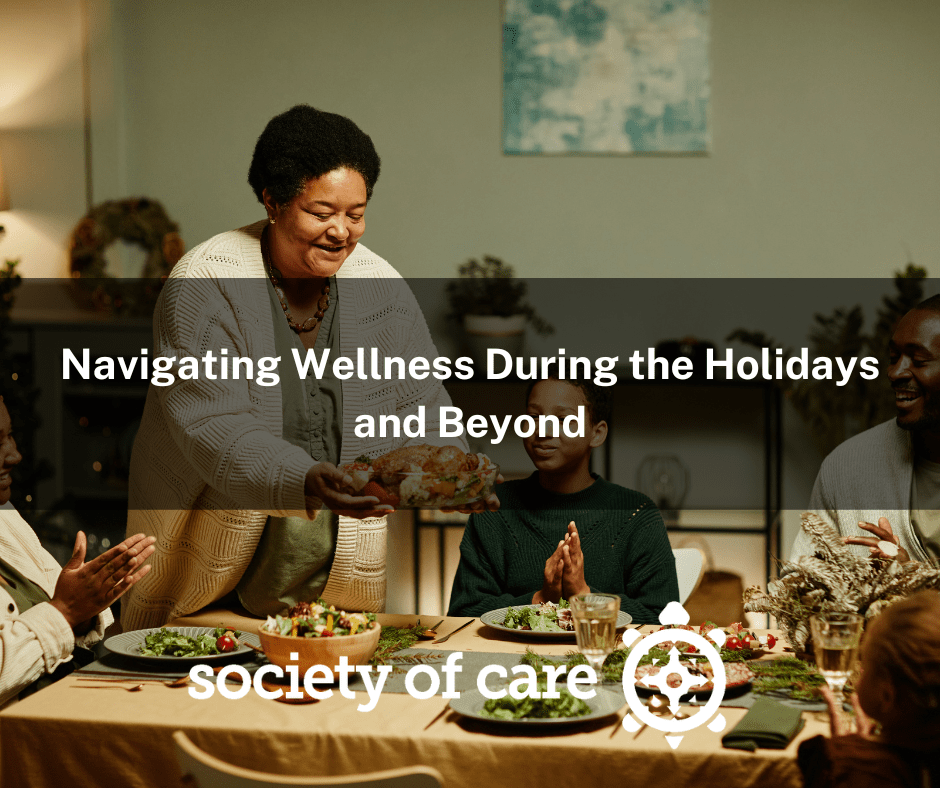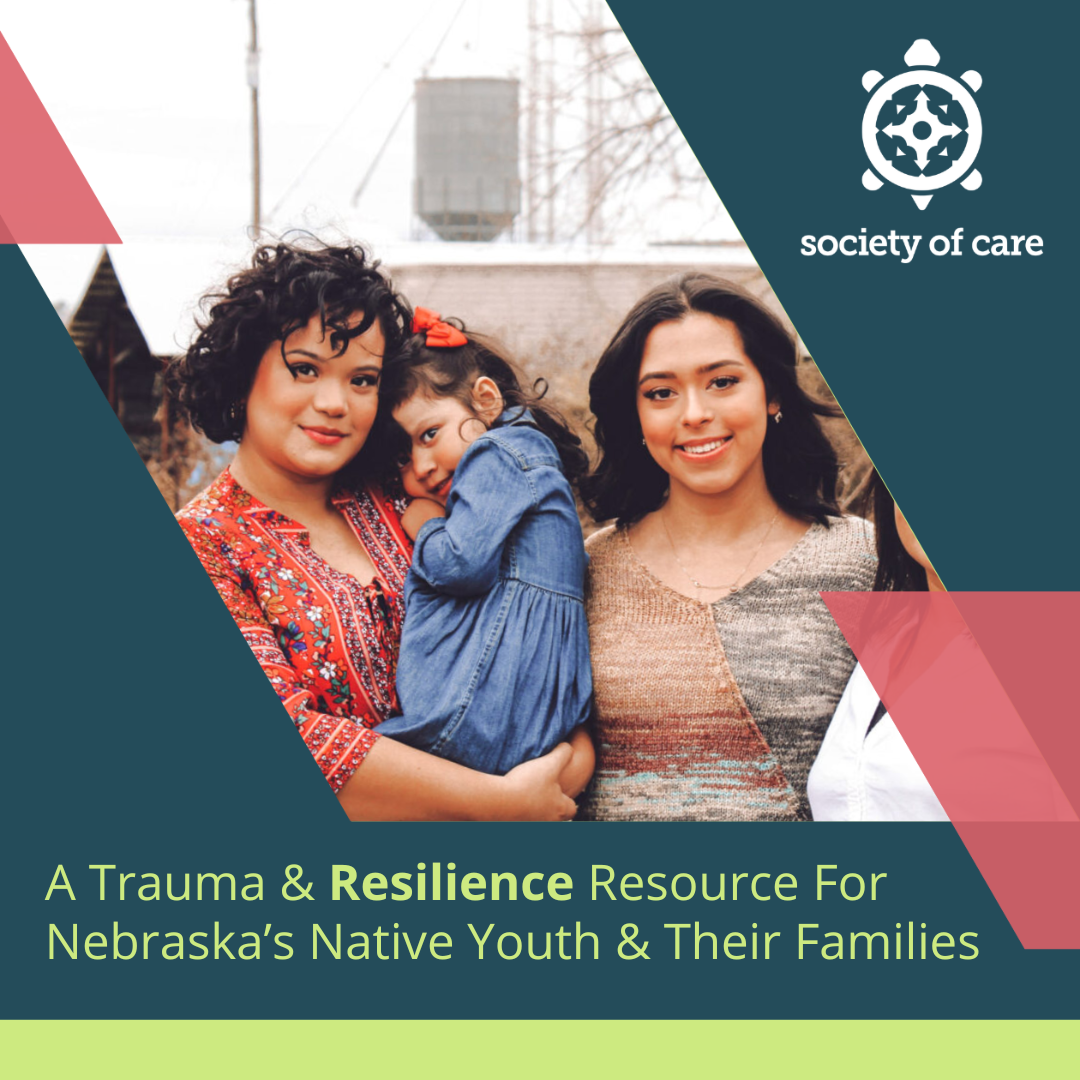Teen Dating Violence and Mental Health: What’s The Connection?
societyofcare • March 6, 2023
February is teen dating violence awareness month. As with any other time of year, it’s important to recognize the mental health impact associated with teen domestic abuse.
Too often, teen relationship violence is underreported and underestimated in its devastating effects. Not only can teen dating relationships open the door for toxic behavior, but it can also lead to long lasting emotional scars that carry into adulthood.
Staying up-to-date on teen dating violence is a great way to teach your teenager essential skills in developing healthy relationships. Plus, if you ever find yourself needing help navigating any form of domestic abuse with your teen, there are plenty of resources out there ready and willing to lend support.
We should always strive for resilience in our youth, so read more about teen dating violence this month!
Teen dating violence is a complex problem with many faces. It can take many forms, including physical, emotional, sexual, digital and economic abuse.
Teen dating violence in the physical sense can take multiple forms, including hitting, slapping, punching, and other types of physical force that inflict harm or put a teen in fear.
Other forms of physical teen dating violence include restraining someone against their will, pulling their hair, shoving them, and underage drinking or drug use that leads to an abusive confrontation. All of these behaviors are considered physical abuse and should be reported to the proper authorities right away in order to prevent greater harm in the future.
Emotional violence often manifests as name calling, insults or controlling behavior, however it can come in many forms, including verbal and psychological intimidation or threats, jealousy and isolation.
Any manipulation of feelings, choices or behaviors that control the other person could be considered emotional teen dating abuse.
It can also include sending mean or rude messages, ignoring someone on purpose or openly embarrassing them in public.
Lastly, teen victims of emotional dating abuse may feel scared to express themselves freely – a sure sign they are being manipulated by their partner.
Sexual teen dating abuse can range from subtle behavior such as innuendos or pressuring someone to “hook up” to more explicit behaviors like sexting, intimate videos or photos, unwanted physical contact of any kind, or forcible rape.
Furthermore, various other psychological abuses may accompany such a relationship: coercive control over personal freedoms, intimidating behaviors or words from the abuser regarding sexual acts, degrading comments related to sexual orientation, or manipulation into performing sexual acts which one partner feels uncomfortable participating in.
Likewise, digital teen dating violence encompasses online harassment (including stalking), threats and cyberbullying via an electronic device such as a cell phone or computer.
Lastly, teen dating violence also consists of financial abuse where the abuser restricts the victim’s access to money in order to maintain power and control over them.
Regardless of its form, teen dating violence is an all-too-common problem that must be addressed in society today.
Teen dating violence is unfortunately more common than many people think. Statistics show that 1 in 12 teens report being a victim of teen dating violence, either physical, emotional, or sexual.
In addition, research on teen dating violence has revealed that rates of domestic violence between teen males and teen females are startlingly similar.
In both cases, teen couples struggling with issues such as anger management, lack of communication and toxic behavior can experience levels of hostility that often escalates to physical violence or even assault.
As we’ve discussed, teen dating violence is an issue that unfortunately affects too many adolescents, and it often goes unrecognized or dismissed as unimportant.
The truth is, youth dating violence can have serious ramifications for a teen’s mental health in the short term, such as depression, anxiety, and low self-esteem. It is essential for teens to feel safe in their relationships; even mild forms of teen dating violence can have a seriously negative influence on a teen’s mental well-being.
In the immediate future, teen victims of dating violence may suffer from depression, anxiety, low self-esteem and even PTSD. If unchecked or untreated, these mental illnesses can only worsen over time and stand to impede a teen’s growth and development during their critical adolescent years.
It is vital that teens learn about healthy relationships, as well as how to recognize unhealthy ones before they progress far beyond repair.
It’s important for teen relationships to stay positive and healthy, but sometimes teen dating violence creeps in and goes undetected.
Signs of teen dating violence can include: physical or emotional harm, controlling behavior, and unhealthy communication.
If you see any signs that a teen you know is being abused in their relationship, it’s important to talk to them about it and make sure they get help.
February is Teen Dating Violence Awareness Month, which is a reminder that domestic abuse among young people happens far more frequently than most of us think.
A teen in an abusive relationship may experience physical harm, and the warning signs can include unexplained bruises or frequent arguments. But it’s important to remember that teen dating violence has profound mental health implications as well, such as depression, anxiety, trauma-related disorders and even suicidal thoughts.
All teens must be provided with the education necessary to recognize healthy relationships and to take steps to protect themselves if they suspect danger or feel threatened.
During this month and throughout the year, it’s important to provide guidance and support to young people so they feel safe in their relationships.
The post Teen Dating Violence and Mental Health: What’s The Connection? appeared first on .






Address: Street Address,
City, State and Postcode
Phone: +555-555-555
Email: example@mail.com